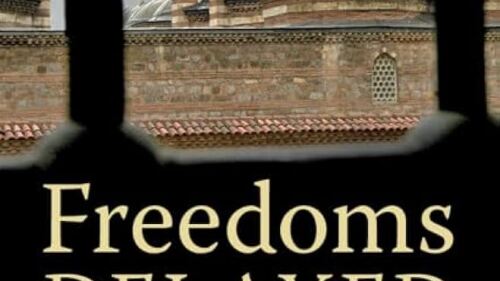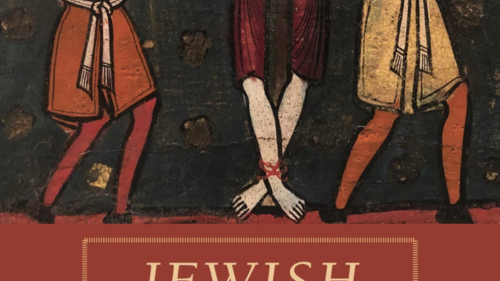Inspired by a quote from the ancient philosopher Heraclitus—that war is “the father, the king of us all"—Victor Davis Hanson’s latest book offers many insights into the nature of war, especially within the context of contemporary America’s outlook on armed conflict in general and vis-à-vis the Middle East and Islam in particular.
Hanson, a military historian and essayist, begins his analysis by explaining how and why military studies in American schools have all but disappeared. The situation might not be so troubling if it was not accompanied by the fact that there is virtually no study of Islamic war doctrine (codified in Shari’a or Islamic law) at the same time the United States is engaged with an enemy that draws heavily upon those very principles. As former Pentagon official William Gawthrop put it, military analysts “still do not have an in-depth understanding of the war-fighting doctrine laid down by Muhammad, how it might be applied today by an increasing number of Islamic groups, or how it might be countered.”[1]
Hanson contends that “the American public, not the timeless nature of war, has changed.” As a result of political correctness, utopian pacifism, and unprecedented affluence, Americans have come to view war as an aberrant phenomenon to be avoided at any cost. The result, he argues, is “ever more contempt and audacity on al-Qaeda’s part"—which likens U.S. soldiers to “paper tigers"—and saber-rattling by Iran as it sprints unchecked toward nuclear armament.
Hanson’s historical perspective reminds us that Samuel P. Huntington’s clash of civilizations thesis has antecedents in the ancient writings of Herodotus and Thucydides (the latter used it to define war between democracy and autocracy, as two distinct forms of civilization). Paradoxes abound: While militaries are mistrusted in the West as illiberal, hierarchical, and authoritarian institutions, in the case of Turkey—the only democratic Muslim country—the military “is the one institution that is most likely to resist the insidious imposition of Shari’a law.”
As for what is perceived by some as U.S. wartime mistakes—from Abu Ghraib to Guantánamo Bay—the reader is soberly reminded that “victory in every war goes to the side that commits fewer mistakes … not to the side that makes no mistakes at all. A perfect military in a flawless war has never existed.”
Hanson also reminds the reader that “some will always prefer war to peace; and other men and women, hopefully the more numerous and powerful who have learned from the past, will have a moral obligation to stop them.”
[1] William Gawthrop, “The Sources and Patterns of Terrorism in Islamic Law,” The Vanguard: Journal of the Military Intelligence Corps Association 11, no. 4 (2006): 10.



